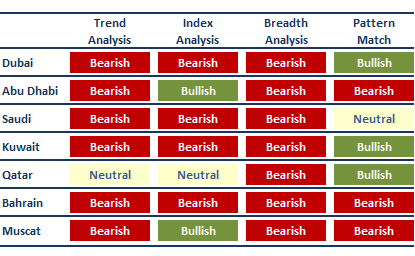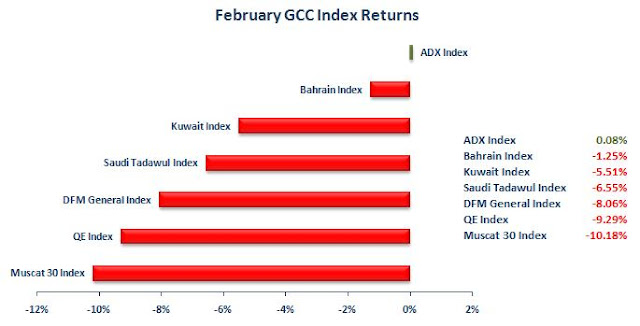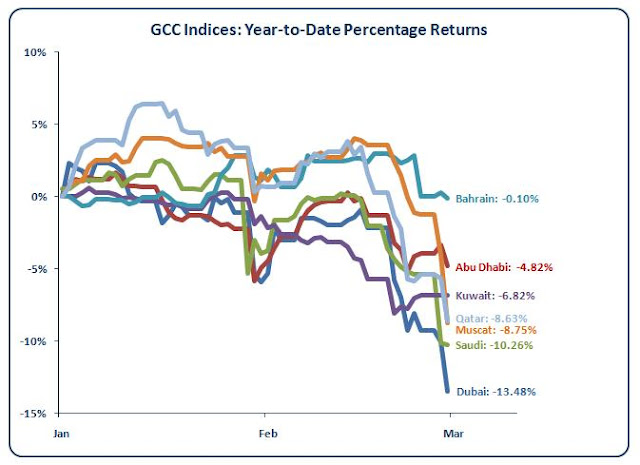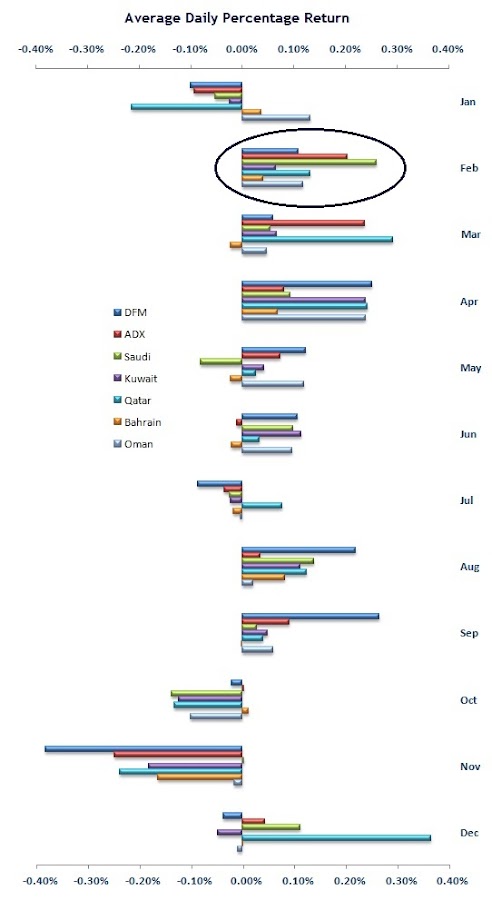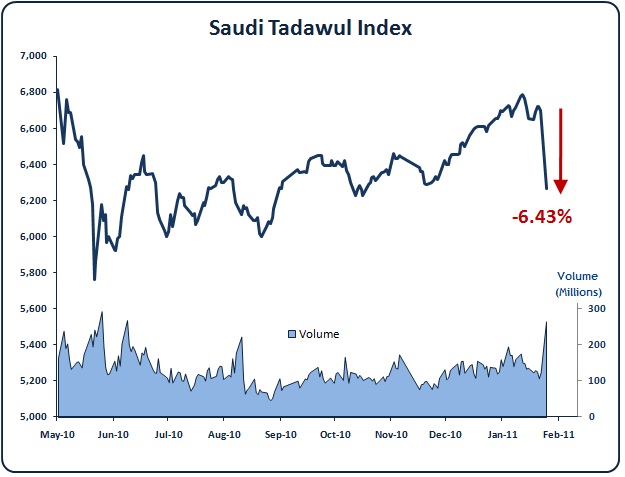The table below (via the Think Big blog) ranks sovereign credit deafult swap (CDS) prices. CDS's are like insurance policies against a default with higher CDS prices reflecting a higher chance of default.
As you can see, Dubai has a high risk of default ranking. The fact that Dubai sits between Portugal and Egypt in the rankings says it all.
Of course, markets have been known to be wrong when it comes to pricing risk. On the other hand leaders and politicians are almost never correct when it comes to making economic predictions (Sheikh Mohammed certainly didn't forsee the meltdown that Dubai's economy experienced over the past two or three years).
The problem for Dubai is that, just like Greece and Ireland, it now has a mountain of debt to service and repay. That debt is going to be a serious drag on the economy going forward. And judging by the CDS price some investors are predicting that Dubai, in the end, won't be able to pay those debts back in full.
Enjoy.



